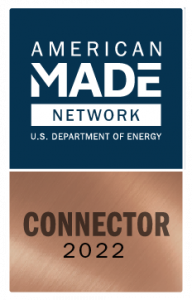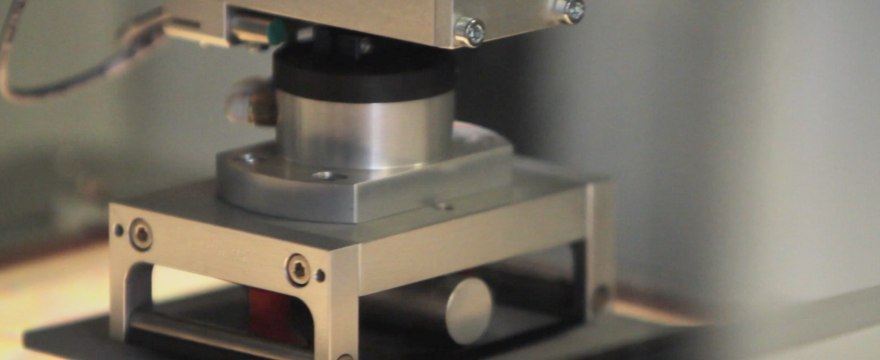
Camas, Washington—Reed alumna Katherine Radeka (1992), founder and CEO of the Rapid Learning Cycles Institute, has joined the Department of Energy’s American Made Challenges Connector program. As a Connector, Radeka and the Institute support teams competing in American Made Challenges, which are contests for solving specific challenges within the energy industry.
Radeka’s focus is the H-Prize: Hydrogen Shot Incubator, designed to accelerate novel technologies to produce hydrogen energy at the cost of $1 per 1 kilogram of H2 within one decade. “Our goal,” says Radeka, “is to greatly accelerate production in the green energy sector—in this case hydrogen—through what we call high velocity innovation.”
High Velocity Innovation is also the title of Radeka’s 2019 book that illustrates the Rapid Learning Cycles framework for getting a team’s best ideas to market faster. “It’s all about resilient decision making,” Radeka explains. “Making the right decisions at the right time is the key—and that capacity is what the Rapid Learning Cycles framework develops.”
As a Connector in the American Made Challenges program, Radeka is tasked with supporting Challenge teams with their proposals and deliverables as well as with recruiting teams for the Challenge. Prize money is awarded to winning teams so that they may mature their technology and attract private investors for further development.
More than 100 companies currently employ the Rapid Learning Cycles framework in industries that range from kitchen appliances to heavy industrial equipment. In the energy sector, Radeka and the Rapid Learning Cycles Institute have previously worked with teams to accelerate development of next-generation solar and nuclear technology with SunPower/Maxeon and Kairos Power.
Radeka’s approach is to adapt fast-innovation principles to physical product development. Similar to how the Agile process helps developers create new software systems, Rapid Learning Cycles helps innovators with physical products. Both innovation processes focus on managing uncertainty, but when teams work with physical products, there are lead times and significant costs involved with tooling and manufacturing.
The Rapid Learning Cycles framework results in faster learning, a faster demonstration of feasibility, and faster scaling. This is done through helping teams scope and sequence their experiments, prototype builds and customer input so that they build the knowledge needed for making the right decisions. The key, according to Radeka is answering certain questions at the last responsible moment—and no later—to allow time for the right solution to emerge.
Radeka is currently focused on accelerating the development of climate change solutions. The DOE’s American Made Challenges are likewise focused on rapid development and production of solutions to critical energy issues.
Radeka is a professional speaker and the author of three books on accelerating innovation, including “High Velocity Innovation,” “The Shortest Distance Between You and Your New Product,” and, with co-author Kathy Iberle, “When Agile Gets Physical.”
More about American Made Challenges is on their website: American-Made Network.

